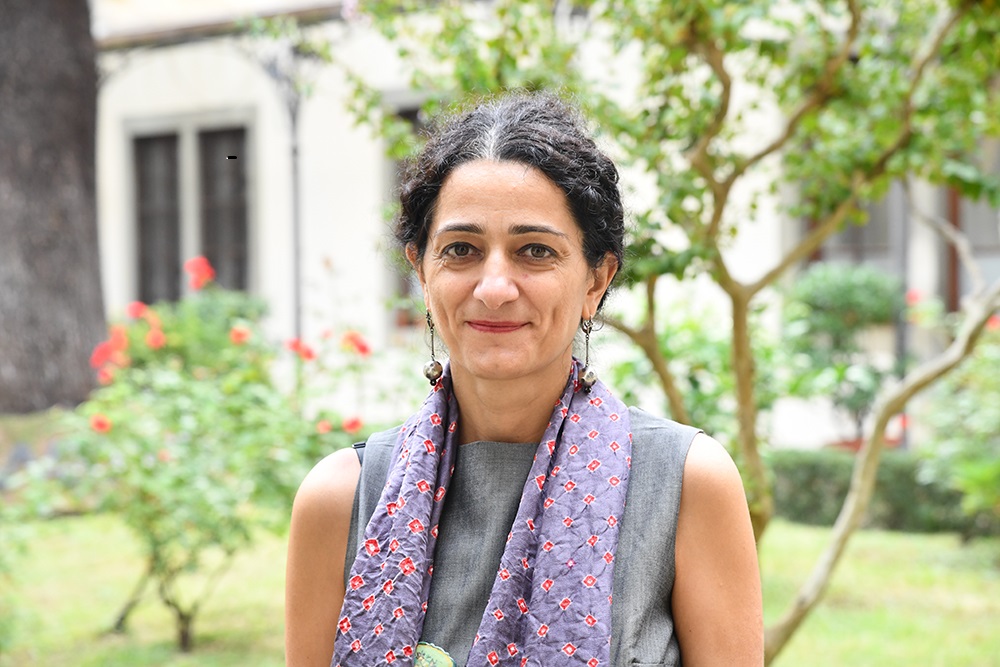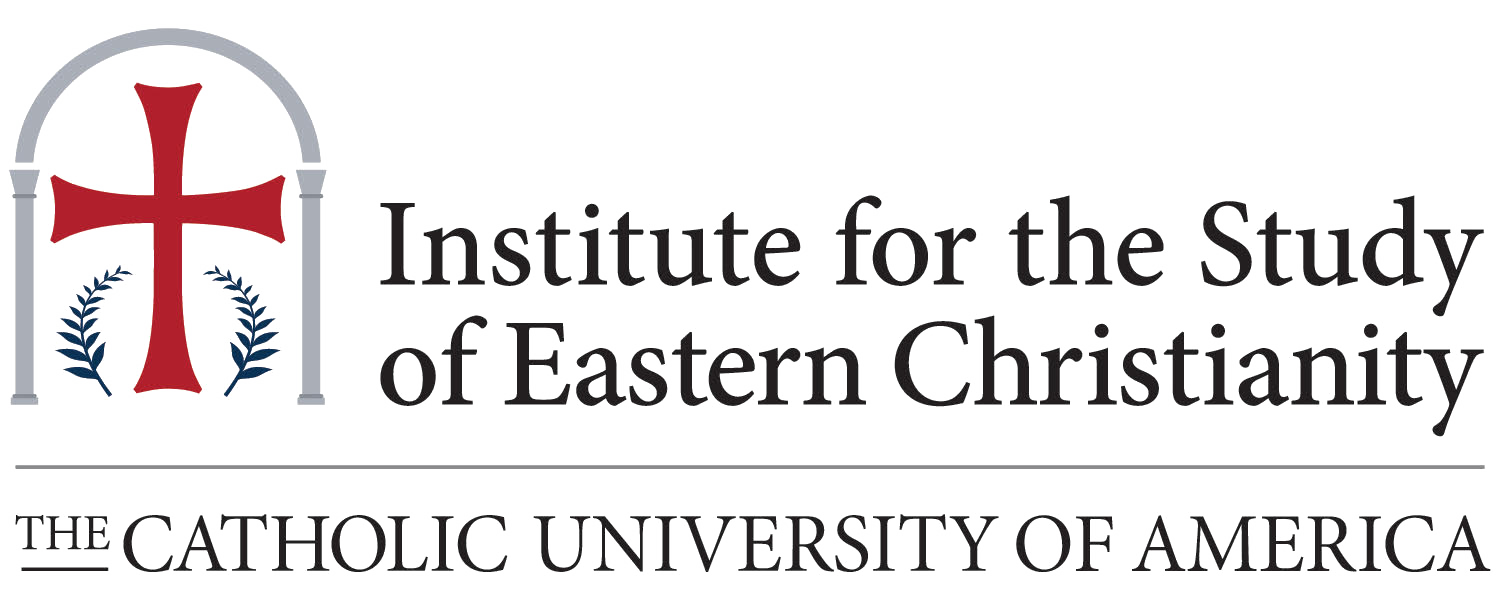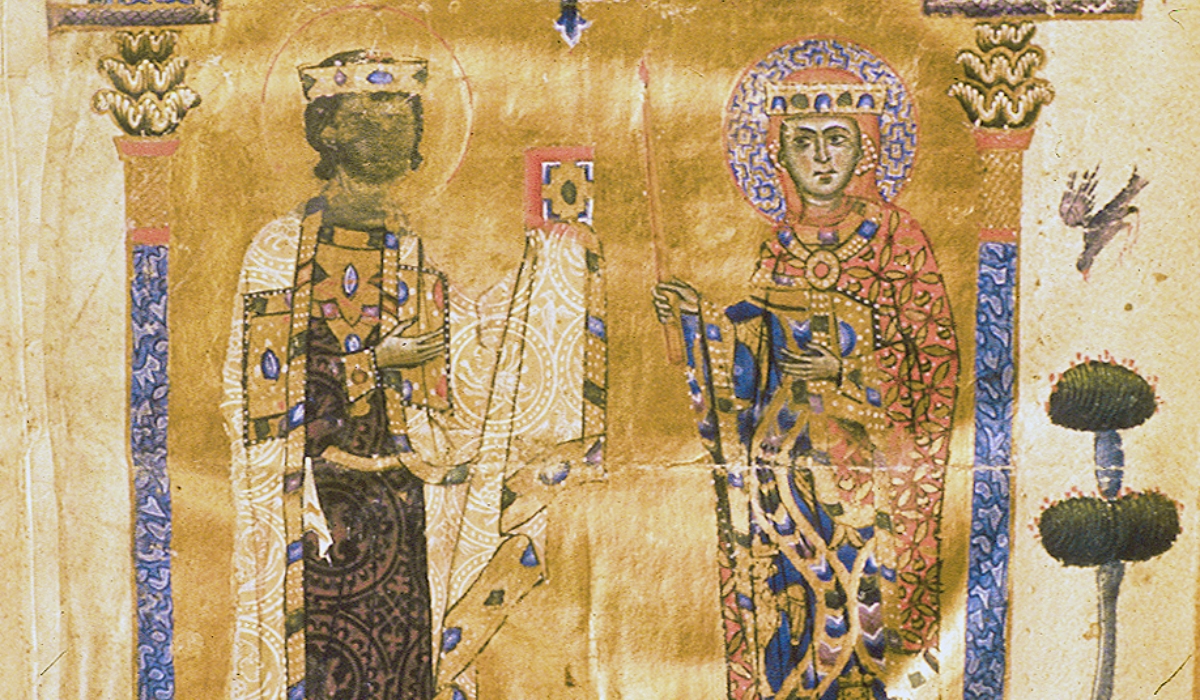WOMEN AND POWER
IN MEDIEVAL ARMENIA:
Between Local Dynasties and Eurasian Empires
Professor Zara Pogossian
Thursday, March 21, 2024
5:00 p.m.
Father O'Connell Hall
The Catholic University of America
“[This] valley was a ring without a gem. I built this [church] and put a gem on it”. These were the words left in an inscription on the wall of the Gndevank‘ monastery in Syunik‘ built by lady Sophia (Sop‘i) in the 10th century. She was an Artsruni noblewoman married into the princely house of Syunik‘. Anyone interested in the history of Armenia will know Sophia’s brother – king Gagik Artsruni of Vaspurakan – and his name may immediately conjure up his image on the façade of Gagik’s most famous foundation – the Church of the Holy Cross on the Aght‘amar Island. On the contrary, it is safe to imagine very few people having ever heard of Sophia. Yet, Sophia, like her mother, aunts, cousins, nieces, and many more non-related Armenian noblewomen, was an active patron of monastic establishments, endowed them with landed estates and, by doing so, played a key economic role at least on the local, if not pan-Armenian, level.
In this lecture, Prof. Pogossian will put back on the historical stage the many peers of Sophia – Armenian élite women – who have rarely received due attention in traditional historiography. Yet, they were crucial political actors and exerted a vital cultural, economic, and thus political influence not only in their traditional roles of cementing dynastic ties through matrimonial alliances, but also by possessing and disposing of their own wealth, and actively shaping the very landscape where they lived and ruled.

Zara Pogossian is a specialist on medieval Armenia. Her research has focused on exploring Armenia as a node of cross-cultural interactions and a hub of Eurasian connectitivies. She is Associate Professor of Byzantine Civlization at the University of Florence, and the Principal Investigator of the Euroean Research Council Project ArmEn: Armenia Entangled: Connectivity and Cultural Encounters in Medieval Eurasia 9th-14th Centuries. She has published extensively on Armenian monastic culture with a particular emphasis on female asceticism and women saints, apocalyptic literature, Cilician Armenia and its connections to Western Europe and Byzantium. Pogossian is on the editorial board of the journal Entangled Religions and a co-founder and co-editor-in-chief of Armeniaca: International Journal of Armenian. She is one of the founding members and general editors of a the series Eastern Christian Cultures in Contact (Brepols editors). Pogossian regularly serves on the evaluation committees of the European Institutes for Advanced Study (EURIAS), European Science Foundation, Alexander von Humboldt Foundation, Austrian Academy of Sciences, and the Deutsche Forschungsgemeinschaft (DFG).
For more information or to request accomodations, please email isec@cua.edu.
Registration
This event is free and open to the public, but your registration is kindly requested.
Register here


